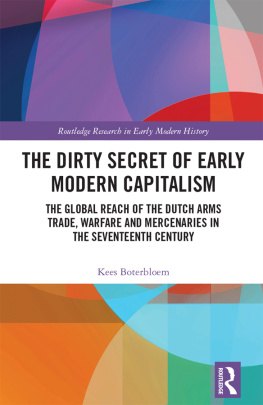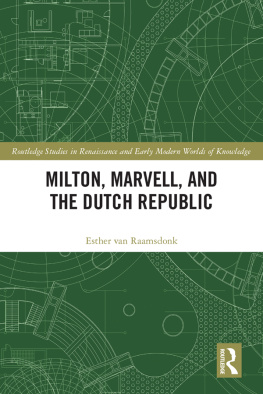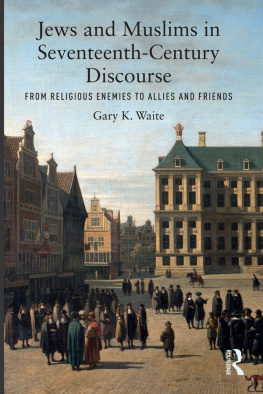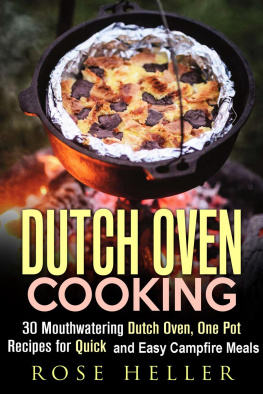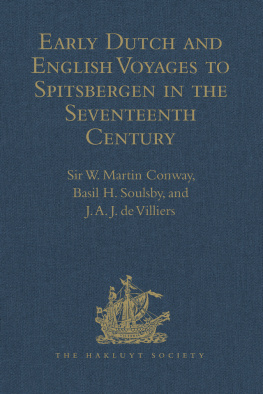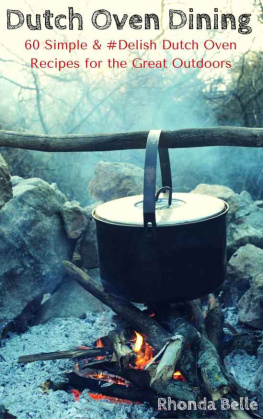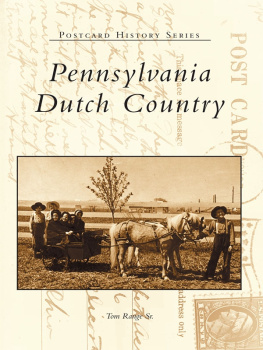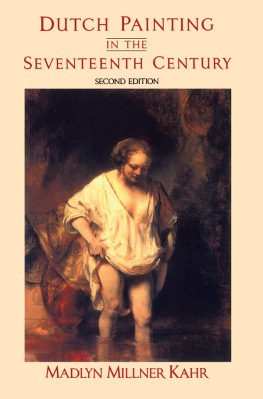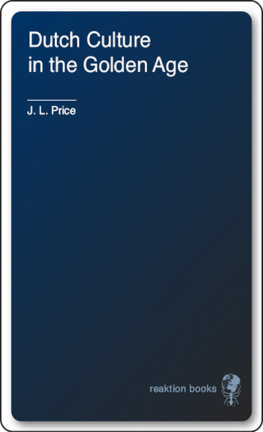The Dirty Secret of Early Modern Capitalism
This book shows how the Dutch accumulation of great wealth was closely linked to their involvement in wars both at home and abroad. In doing so, it ponders the issue of how capitalism has often historically thrived best when its practitioners are ruthless and ignore the human cost of their search for riches. This complicates the traditional Marxist understanding of capitalists as middle-class exploiters in arguing for a much greater agency among lower-class Dutch soldiers and sailors in their efforts to benefit from skills that were in high demand.
Kees Boterbloem is Full Professor in the Department of History at the University of South Florida in Tampa.
Routledge Research in Early Modern History
Spain, Rumor, and Anti-Catholicism in Mid-Jacobean England
The Palatine Match, Cleves, and the Armada Scares of 16121613 and 1614
Calvin F. Senning
Firsting in the Early-Modern Atlantic World
Edited by Lauren Beck
Early Modern English Noblewomen and Self-Starvation
The Skull Beneath the Skin
Sasha Garwood
Maurits of Nassau and the Survival of the Dutch Revolt
Comparative Insurgences
Nick Ridley
The Economic Causes of the English Civil War
Freedom of Trade and the English Revolution
George Yerby
Edwin Sandys and the Reform of English Religion
Sarah L. Bastow
Murder, Justice, and Harmony in an Eighteenth-Century French Village
Nancy Locklin
The Dirty Secret of Early Modern Capitalism
The Global Reach of the Dutch Arms Trade, Warfare and Mercenaries in the Seventeenth Century
Kees Boterbloem
For more information about this series, please visit: www.routledge.com/Routledge-Research-in-Early-Modern-History/book-series/RREMH
The Dirty Secret of Early Modern Capitalism
The Global Reach of the Dutch Arms Trade, Warfare and Mercenaries in the Seventeenth Century
Kees Boterbloem
First published 2020
by Routledge
52 Vanderbilt Avenue, New York, NY 10017
and by Routledge
2 Park Square, Milton Park, Abingdon, Oxon, OX14 4RN
Routledge is an imprint of the Taylor & Francis Group, an informa business
2020 Taylor & Francis
The right of Kees Boterbloem to be identified as author of this work has been asserted in accordance with sections 77 and 78 of the Copyright, Designs and Patents Act 1988.
All rights reserved. No part of this book may be reprinted or reproduced or utilised in any form or by any electronic, mechanical, or other means, now known or hereafter invented, including photocopying and recording, or in any information storage or retrieval system, without permission in writing from the publishers.
Trademark notice: Product or corporate names may be trademarks or registered trademarks, and are used only for identification and explanation without intent to infringe.
Library of Congress Cataloging-in-Publication Data
A catalog record for this book has been requested
ISBN: 978-1-138-69288-6 (hbk)
ISBN: 978-1-315-53161-8 (ebk)
Typeset in Sabon
by Apex CoVantage, LLC
Faith in military might is deeply grounded in the national psyche.1
A War so long and full of so many and so famous accidents, as thereby, beyond all others of our times, the memory of our age will be innobled to Posterity; and it may be truly said, that Flanders in this present age hath been as a Military Scene in Europe, which for forty years together, till the conclusion of the Truce [of 1609], hath exposed to the Theater of the Universe all the novelties, and most memorable spectacles which were ever seen in any preceding War, or shall ever be seen in any that shall insue.
Cardinal Guido Bentivoglio (15791644) on the Dutch Independence War (or Eighty Years War)2
. Greider, How Obsolete.
. Bentivoglio, Historicall Relations, 35.
Contents
Contemporary historians are in the habit of paying tribute to those who preceded them in the profession, even if methods and approaches have changed. I was lucky in being taught by many outstanding scholars, too, and their ideas have left their imprint on the following pages.1 One of my convictions may precede my exposure to historical scholarship, though: Economics are the prime movers in human affairs. I agree with Bertolt Brechts maxim erst kommt das Fressen, dann kommt die Moral, which Macheath notes in Brechts 1928 take of the Three Penny Opera.2 I also believe that until recently military history has been given too much short shrift in postwar scholarship. Finally, an eclectic sampling of analytical insights out of cultural history and critical theory are informing this book.
As part of a somewhat facile praise for the libertine spirit behind soft-drug sales in coffeeshops or legalised prostitution, observers today sometimes imagine a direct link between Dutch contemporary laissez-faire culture and the tolerance of the Dutch Golden Age of 400 years ago. A somewhat closer look shows that this broad-mindedness has and had its limits. The death of Adriaen Koerbagh (16331669) in jail or the execution of a good number of sodomists (homosexuals) in the 1730s illustrates this limitation in the days of the Dutch Republic.3 In fact, one might suggest a much less wholesome parallel between then and now. Dutch tolerance and affluence in the Golden Age could exist only by virtue of dubious behaviour outside the idyllic Holland Garden (Hollandse Tuin). Similarly, in the case of the Netherlands today, the good life is enjoyed at the expense of others far away about whom few care to know too much. According to the well-reputed Stockholm International Peace Research Institute, the Dutch belonged until very recently to the largest arms exporters in the world; likewise, they were the number one arms exporters in the seventeenth-century world (as much as they were the greatest producers of printed materials).4
There is an undeniable nexus between arms manufacturing and capitalist success or, to use another closely related term, economic growth. Arms production for the domestic and export market underscored a good deal of the economic boom of the European empires around 1900, and much of the Soviet Unions breathtaking economic expansion after 1929 was rooted in an extraordinary development of heavy industry, especially through high investment (and at mind-boggling human cost) in arms manufacturing. The economy of Hitlers Germany was jump-started by huge sums of money pouring into the arms sector. And ever since the end of the Cold War, producing and selling arms remain safe bets both for Western countries, the Russian Federation, and the former Soviet satellites. Most of the manufacturing sector of these countries economies has been outsourced these days, but the weapons industry remains an area of business that continues to blossom at home.
Todays Kingdom of the Netherlands no longer derives its prosperity from slavery or the slave trade as it partially did in the seventeenth century, but its people and government today show little sustained compassion for their fellow human beings brutally exploited in the sweatshops of Asia, Africa, or South America who provide them with dirt-cheap consumer goods. Few questions are raised about the ethics of this sort of economic practice; even fewer questions were raised about the morality of the slave trade, slavery, or, indeed, Dutch war-profiteering in the seventeenth century. In a vile sort of wink to their audience, arms dealers had innocent cherubs or

